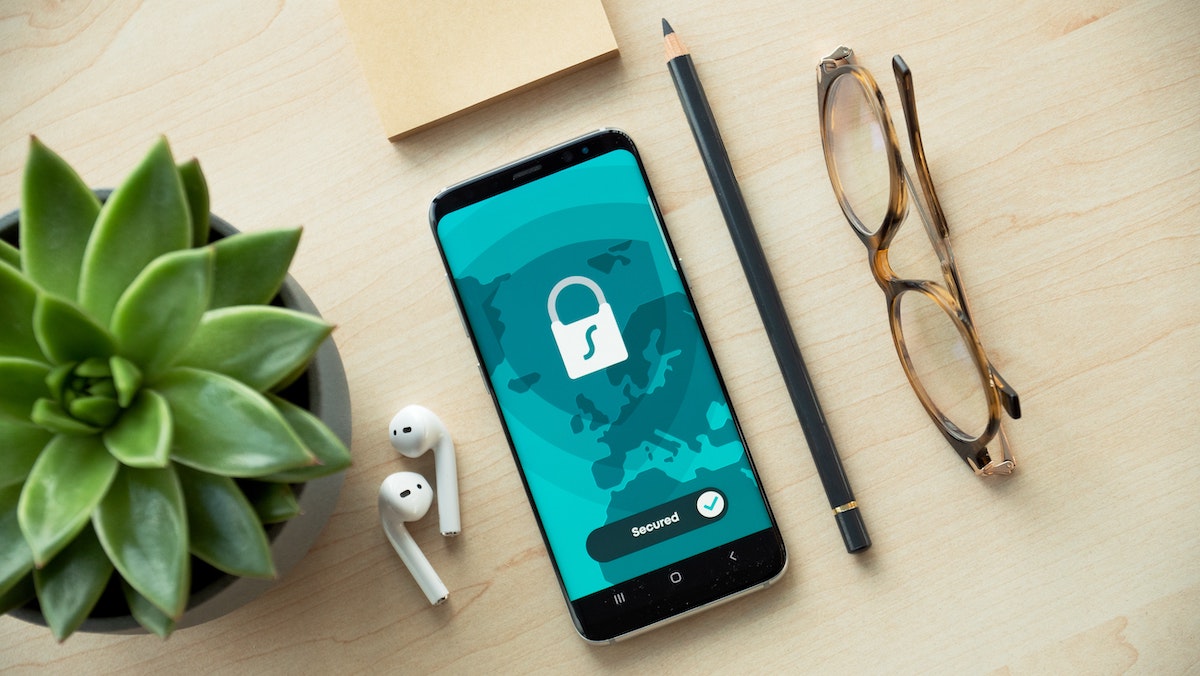Table of Contents
As the world becomes more interconnected, travellers need to be increasingly aware of the risks posed by cyber threats. Here are some tips to help you stay safe and secure while on the road:
Use a VPN when connecting to public Wi-Fi
A VPN, or Virtual Private Network, is a great way to add an extra layer of security to your internet usage. A VPN encrypts your data and routes it through a private server, making it much more difficult for anyone to access your information. When you connect to a public Wi-Fi network, your data is more vulnerable to being intercepted by hackers.
Turn off your auto-connect feature for social media and other apps
When you connect to a public Wi-Fi network, your device will often automatically connect to any social media or other apps set up to auto-connect. This can be a severe security risk, as it means that you could expose your data to anyone who is on the same network. To avoid this, Guardio cyber security recommends turning off the auto-connect feature for any apps you use when connecting to public Wi-Fi.
Install antivirus protection on all of your devices
Antivirus protection is a must for anyone who uses the internet, regardless of whether they connect to public Wi-Fi. Having antivirus protection on all of your devices will help keep your data safe from any malicious software that scammers could use to access your information.
Update your operating system as soon as possible
One of the best ways to protect your data is to ensure that you always use your operating system’s latest version. Newer versions of operating systems often include security updates and fixes for any vulnerabilities that may have recently been discovered.
Back up all of the data you have stored on your devices
It is important to regularly back up the information you have stored on your devices, as this will help protect it if your device is lost or stolen. There are many different ways to back up your data, such as using an external hard drive, cloud storage service, or cybersecurity services in Sydney.
Avoid using public PCs
Public PCs are often one of the most vulnerable places to use the internet, as they are often not well-protected from malware and other security threats. If you need to use a public PC, take steps to protect your data, such as using a VPN or logging out of all of your accounts when you are finished.
Use a secure method to store and protect your data when travelling
It is essential to use a safe way to store and protect your data when travelling. One option is to use a portable hard drive that is encrypted. This will help to ensure that your data is safe even if your device is lost or stolen.
Be aware of social engineering attacks
Social engineering attacks are becoming increasingly common, and they can be challenging to defend against. These attacks usually involve someone trying to trick you into revealing personal information or accessing your accounts. Be vigilant about any communications you receive, even if they appear to be from a trusted source.
Keep your devices with you at all times
When you are travelling, it is vital to keep your devices with you. This will help to ensure that your data is safe and secure and prevent any potential identity theft.
Be sure to log out of all accounts when you are finished using them
When you are finished using any accounts, log out of them completely. This includes social media, email, and any other online accounts. Failing to do this can leave your data vulnerable to being accessed by someone else.
When you return home, take some time to check your devices for any malware that may have been installed while you were away.
Once you return home from your travels, it is important to take some time to check your devices for any malware that may have been installed while you were away. You can do this by running a scan with your antivirus software. If you find any malware on your device, remove it as soon as possible.
Cybersecurity is one of the most important things to think about when travelling. You should always be aware and guard against potential threats and take steps to protect your data.


